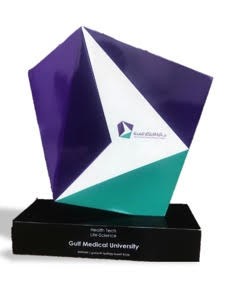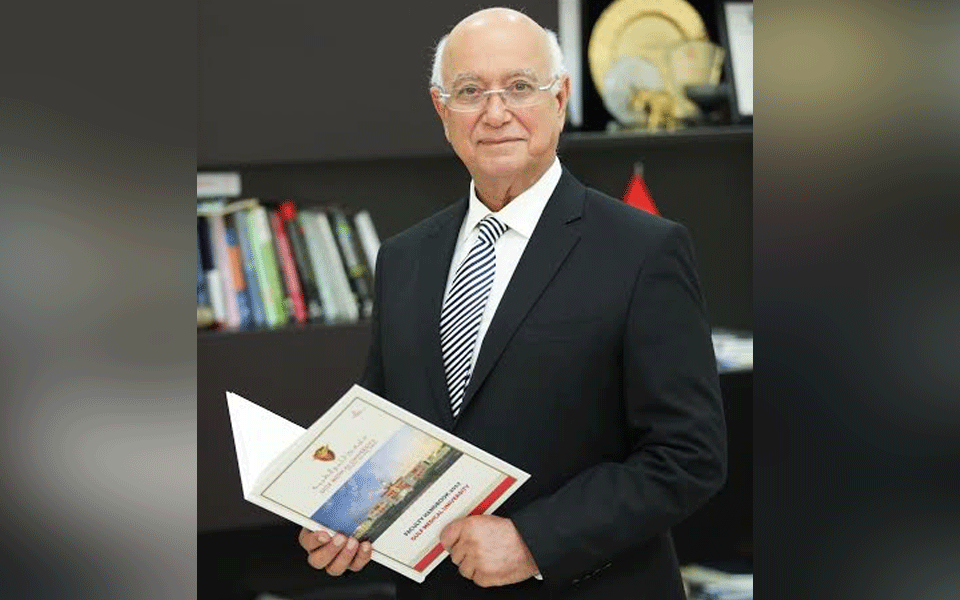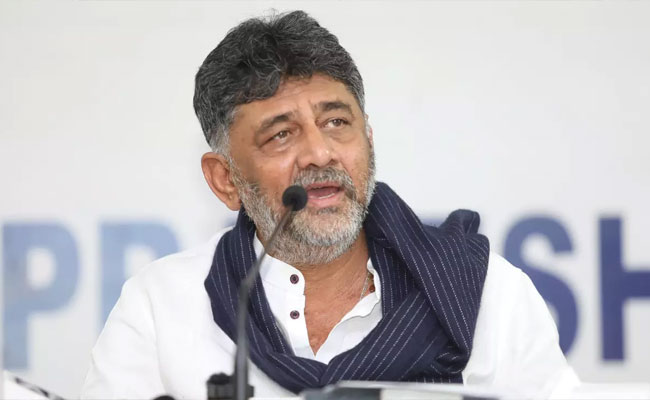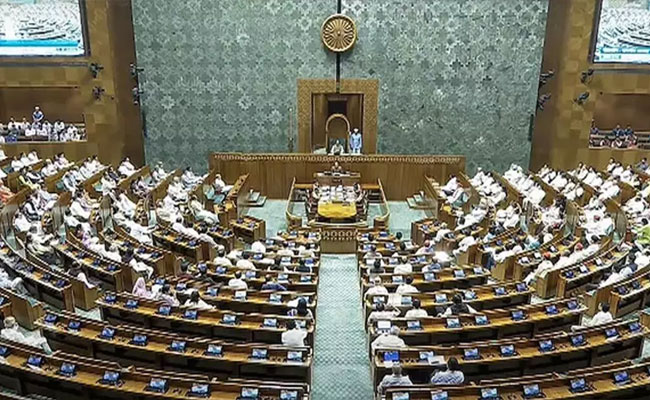Prof. Hossam Hamdy, Chancellor of Gulf Medical University was awarded the Ministry of Health & Prevention’s Award for Innovative Learning Technology at the Healthcare Innovation Awards ceremony conducted by the Ministry of Health & Prevention (MOHAP), held at the MOHAP Training and Development Center in Sharjah, on 13th February, 2020.
The award was conferred to Prof. Hossam for developing Virtual Patient Learning (VPL), significantly enhancing students’ skills and learning experience.
“VPL is the most sophisticated simulator with the highest fidelity using artificial intelligence and problem-based learning in medical education.
The Virtual Patient Learning (VPL) technology of Gulf Medical University (GMU), Ajman, developed by the Chancellor Prof. Hossam Hamdy - internationally known medical educator and active pediatric surgeon - was recognized as ‘one of the most innovative technologies in life sciences’, at the Healthcare Innovation Awards ceremony conducted by the Ministry of Health & Prevention (MOHAP)” an official press statement from the university stated.

Developed for training the medical and health professions students of GMU, Virtual Patient Learning (VPL) is the most sophisticated simulator with the highest fidelity using artificial intelligence and problem-based learning in medical education. It exposes future healthcare professionals to a wide range of patient problems involving males and females of different age groups and ethnic backgrounds, so that they practice their clinical skills in a virtual setting before being introduced to actual clinical settings.
As a Problem-Based Learning (PBL) application, VPL invokes critical thinking, clinical reasoning, and communicational skills amongst students. The program gives the students authentic medical problems including history and clinical examination, investigations, lab results, vital signs, X-rays, and interaction with virtual patients to obtain information that would help them correctly identify medical problems of each case and prescribe treatments.
Expressing delight at the prestigious MOHAP recognition won by VPL, Prof. Hossam Hamdy said, “It is wonderful to see innovative training methodologies used at Gulf Medical University being recognized at the regional and global levels. The Virtual Patient Learning (VPL) is the only simulation which captures the patient’s emotional reactions to the learner’s approach of communications with the virtual patient. Because it is highly authentic and extends beyond the simple acquisition of knowledge, I believe that Virtual Patient Learning (VPL) will gradually replace the traditional less authentic forms of Problem Based Learning.”
GMU is the first university in the Middle East region to introduce VPL, which is making a huge difference to the overall learning experience of the students, arming them with additional skills and insights to evolve as healthcare professionals of the future. VPL has won international acclaim earlier, securing top positions regionally and globally at the Reimagine Education Conference & Awards in the USA, in the Creative Learning and E-learning categories.
Virtual patient learning can be used in two modes: a ‘learning’ mode and an ‘evaluation’ mode. The learning mode is developed to stimulate student-centered learning and is linked to a large number of resources such as radiological images, laboratory results, videos, and management guidelines. The evaluation mode can be used for the purpose of evaluating students’ decision-making and communication skills.
Let the Truth be known. If you read VB and like VB, please be a VB Supporter and Help us deliver the Truth to one and all.
Srinagar (PTI): Night temperatures in Kashmir dropped several degrees below the freezing point, even as a thick layer of fog engulfed parts of the valley, with Srinagar recording a low of minus 4.1 degrees Celsius, officials said on Saturday.
Shopian was the coldest recorded place in Jammu and Kashmir as the mercury there settled at a low of minus 6.4 degrees Celsius, they said.
The mercury had on Thursday night settled above the freezing point at most places in the valley, providing huge relief to the residents from the biting cold conditions.
However, temperatures dropped across Kashmir on Friday night, bringing back the freezing cold, the officials said.
On the Friday night, the minimum temperature in Srinagar -- the summer capital of Jammu and Kashmir -- settled at minus 4.1 degrees Celsius, a sharp drop from 0.4 degrees Celsius the previous night, the officials said.
The gateway town to the valley, Qazigund, recorded a low of minus 4.2 degrees Celsius, while the mercury settled at minus 3.5 degrees Celsius in north Kashmir's Kupwara, and minus 0.2 degrees Celsius in south Kashmir's Kokernag, the officials said.
Pahalgam recorded a low of minus 4.4 degrees Celsius, while Gulmarg lodged minus 2.6 degrees Celsius and Konibal town in Pulwama district recorded minus 5.2 degrees Celsius, they said.
The meteorological department said the weather would remain generally cloudy but dry on December 6-7, and a brief spell of light snowfall at isolated places in the higher reaches of north and central Kashmir is likely on December 8.





